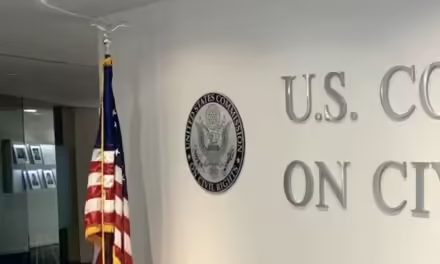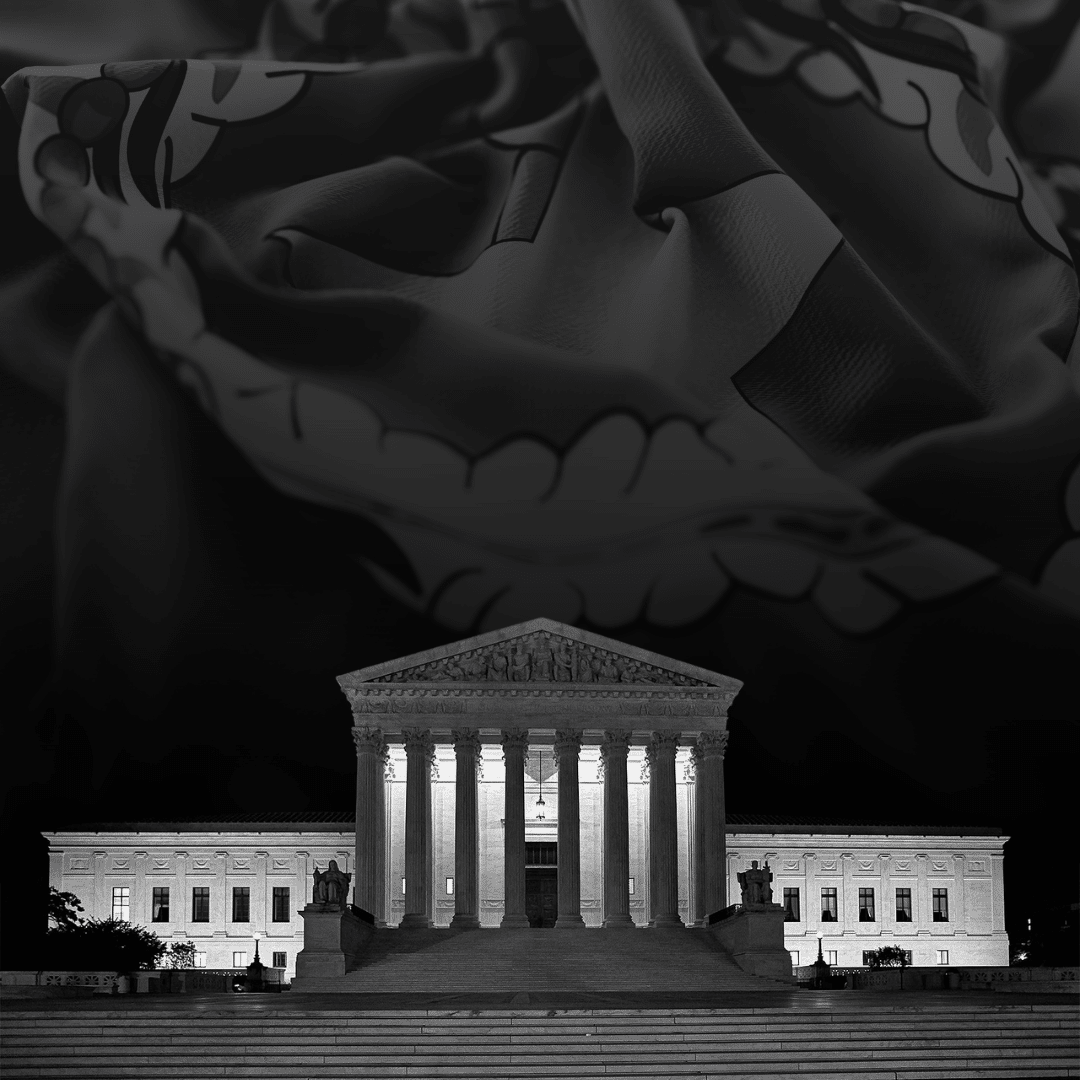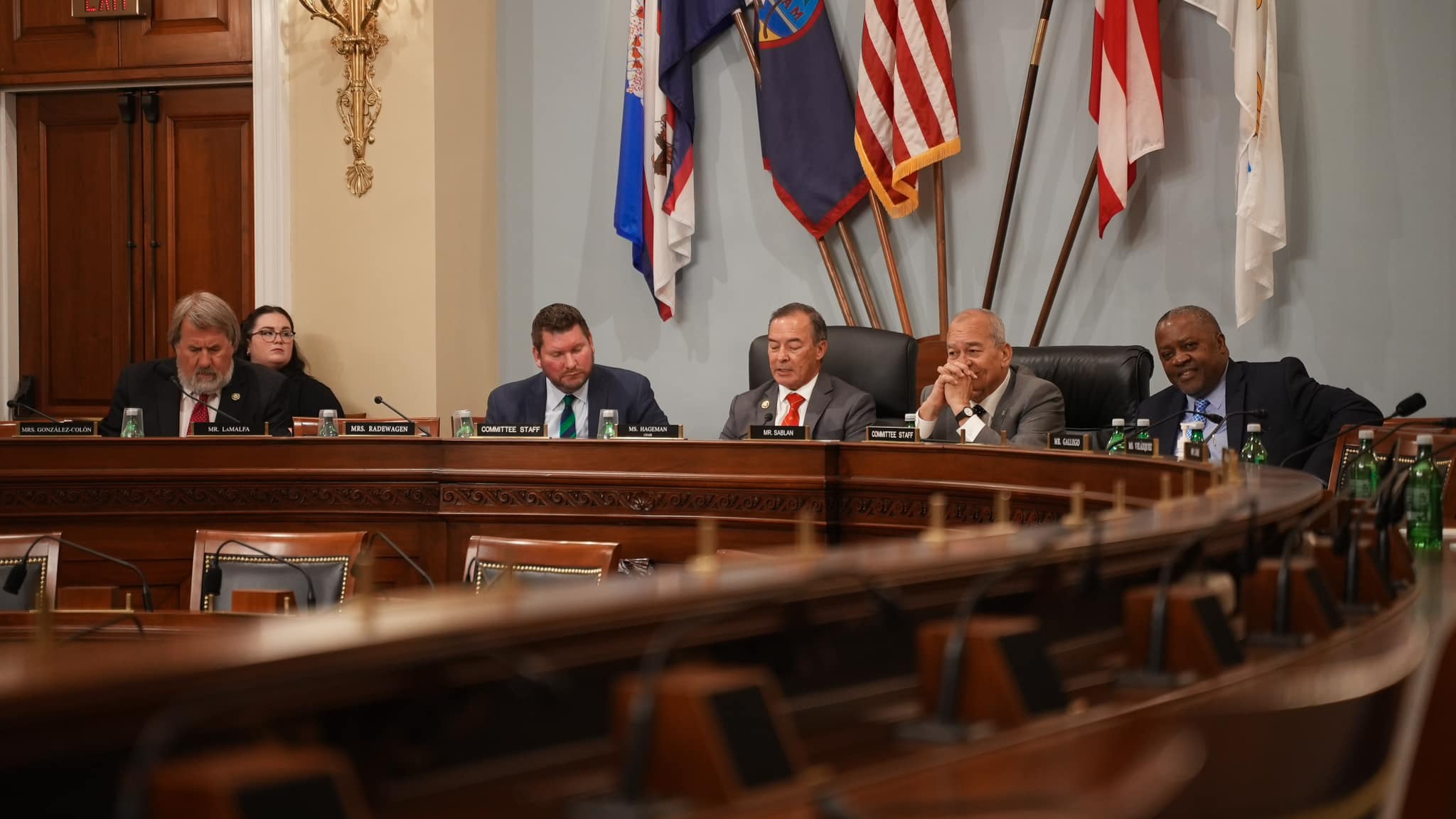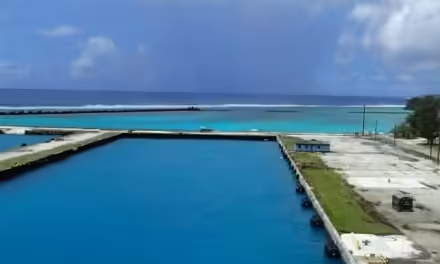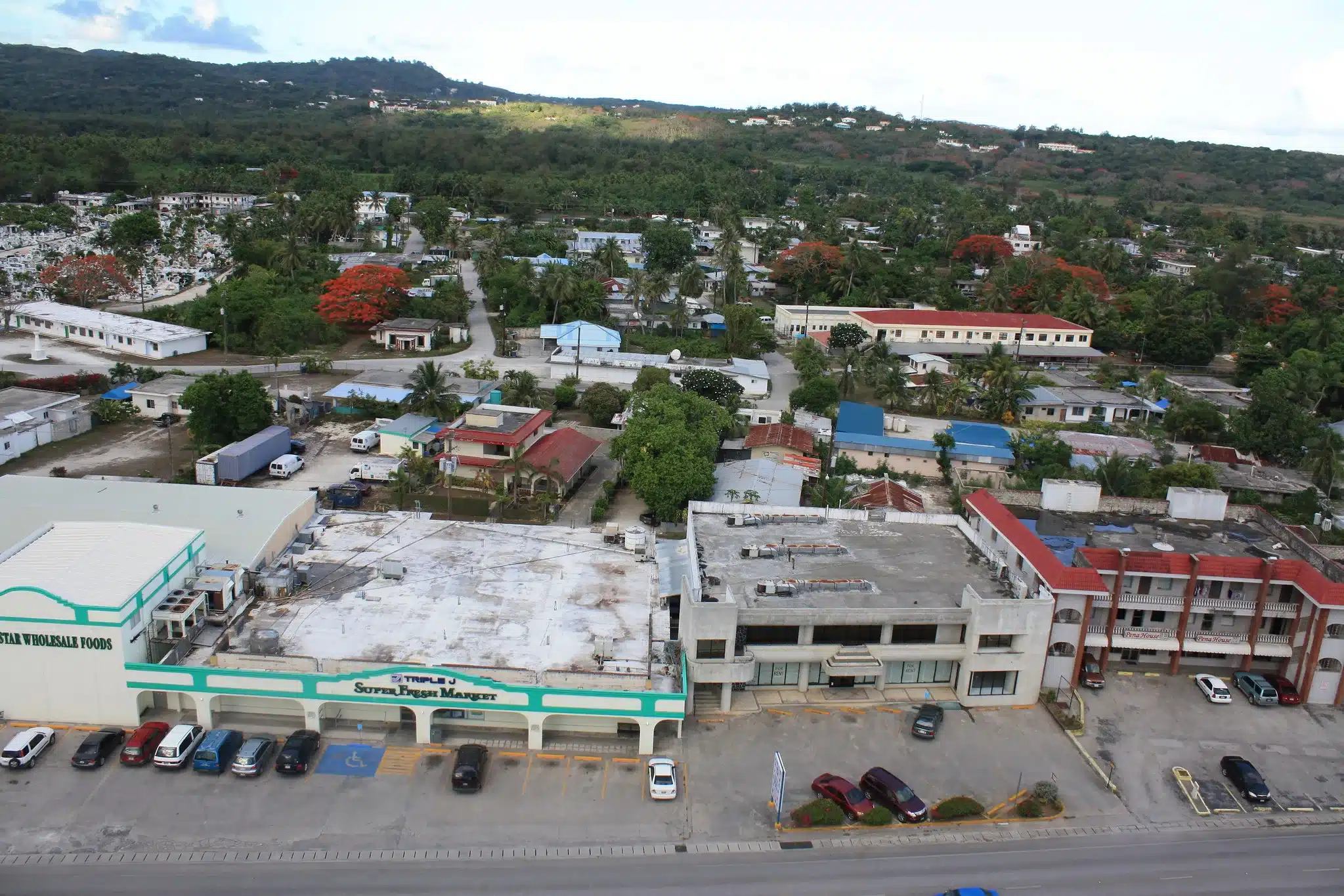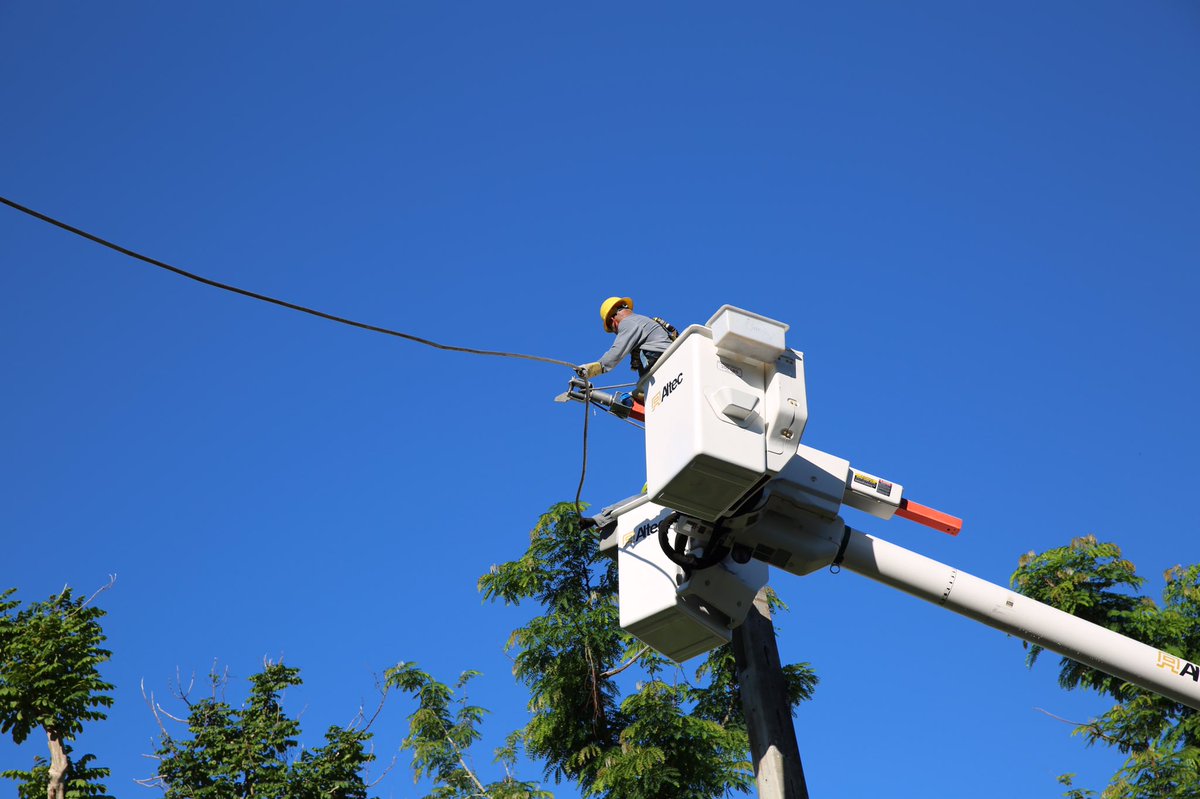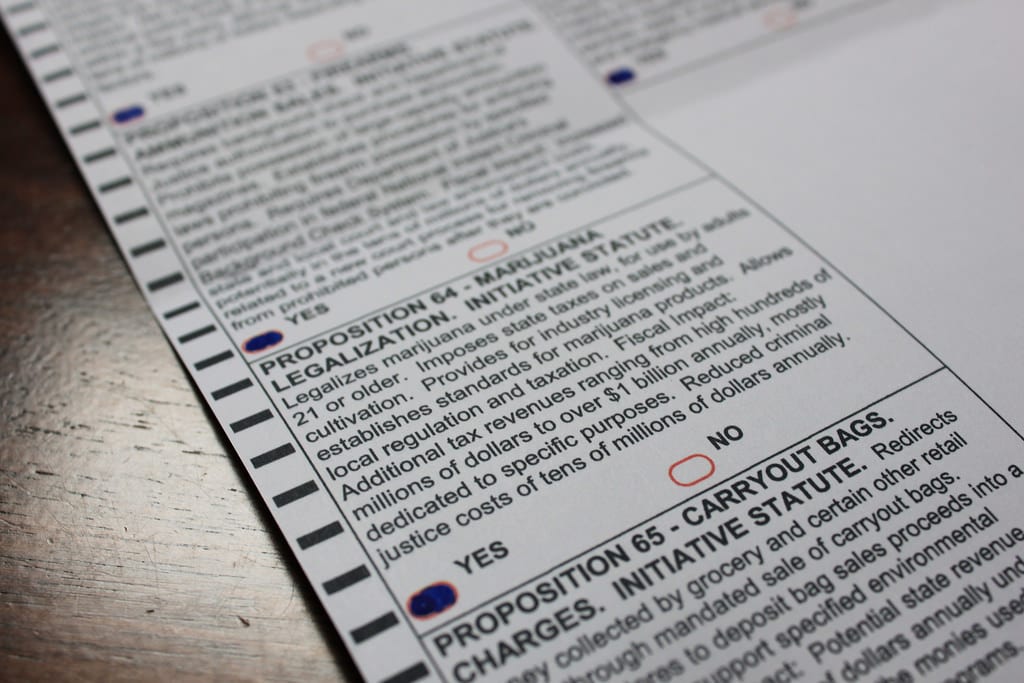The United States House of Representatives Committee on Appropriations approved today the Commerce, Justice, Sciences and Related Agencies Funding Bill for fiscal year 2014, which includes language from the proposed presidential budget, allocating $2.5 million to solve the political status of Puerto Rico, announced Resident Commissioner Pedro Pierluisi. the announcement came following news that the language was not included in the US Senate version of the bill.
Comité federal aprobó el proyecto que incluye lenguaje del presupuesto presidencial asignando $2.5 millones para resolver el estatus de PR
— Pedro Pierluisi (@pedropierluisi) July 17, 2013
The report of the committee that accompanies the bill establishes that the US Department of Justice will only the disburse the funds to the State Elections Commission of Puerto Rico after a period of 45 days following the notification from the DOJ to the corresponding congressional committees that it has approved the plan of the commission for electoral education and for the electoral process, including the approval of the ballot. The DOJ will have to certify to Congress that the ballot and the materials to educate voters are compatible with the Constitution, laws and the public policy of the United States.
“We keep moving forward in the fight to obtain the dignified, democratic status with equality of rights that we deserve. I am satisfied with the language of the bill, since it shows that the plebiscite from November 6, 2012 resonated in Washington, and that our efforts are yielding results. By establishing that the purpose of the funds is to resolve the current status of Puerto Rico, and the requirements of the plebiscite process, it is evident that the impossible proposal of the Popular Democratic Party, the supposed Improved Commonwealth, will not be included among the options. That story has no weight whatsoever in the status debates. In addition, I reiterate that the only form to solve the political status of the territory is through statehood or through national sovereignty. Maintaining the current status solves absolutely nothing, since it is the root of the political, economic and social problems of the island” expressed Pierluisi in a written statement.
The Resident Commissioner thanked the President of the CJS Subcommittee, Representative Frank Wolf (R-VA), and the democratic ranking member, Chaka Fattah (D-PA) for including the disposition in the bill. Likewise, he thanks the President of the Committee on Appropriations, Hal Rogers (R-KY) and the democratic ranking member Nita Lowey (D-NY).
Pierluisi expressed his thanks for the support and effort of Congressman Jose Serrano (D-NY), member of the CJS Subcommittee, who with the Resident Commissioner, and the majority of voters in Puerto Rico that expressed themselves in a clear and convincing manner in the plebiscite of November 6, the vision that the current territorial status denies American Citizens in Puerto Rico the fundamental rights of democracy, and has no place in the 21st century.
The CJS funding bill also includes language promoted by Pierluisi that requires the DOJ and the Attorney General, Eric Holder, to provide a report in a period of 120 days that describes the level of resources and law enforcement personnel of the DOJ on the island, and how these complement the efforts of the other federal agencies, particularly those from the Department of Homeland Security to stop violence related to drug trafficking.
Due to several efforts on behalf of the Resident Commissioner in the past years, DHS has recently assigned more resources and personnel to the island for the operations against the flow if drugs and weapons. In many letters, meetings and congressional hearings, the Resident Commissioner has asked the DOJ to complement the DHS efforts with an increase in its own initiatives.
The recent move by the DHS also prompted the Director of the Puerto Rico Federal Affairs Administration, Juan E. Hernandez Mayoral to claim credit for the increase in resources, alleging a coordination of the measure through his office.
“We keep making progress in our fight to ensure that all law enforcement agencies attend this grave problem with the urgency it merits. I will not rest until Puerto Ricans can feel safe in their homes, streets and communities. There is still much to do, but we are on the path toward a better quality of life,” indicated Pierluisi.
The next step in the legislative process is that the CJS funding bill be considered in the floor of the House.

